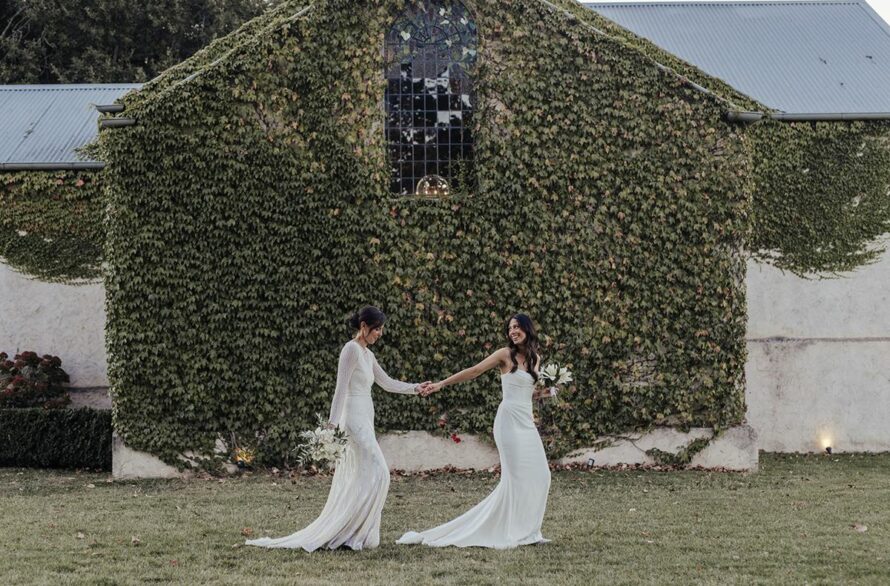Tradition says that the brides family pays for the wedding and it is improper for any other party to contribute, except for set expenses as listed below. Today this form of budget is rarely the case. The expenses can be divided in many different ways, there is only one rule to follow, no party should be expected to contribute more than they can afford. Your wedding day should always be a day that you can look back on with joy, without thinking how broke it made you.
The couple:
It is quite common for a couple to pay for their own wedding, this is most common for second marriages or older couples.
Both Families:
If the parents still wish to provide a wedding for the couple, it is more common that the expenses are shared between both families.
This can be done in a number of ways:
- The total bill can be split down the middle and each family pays an equal share.
- Both families can have allocated expenses. This is similar to a traditional budget, but there are no rules for who pays for what.
- Each family pays an amount which they can reasonably afford. It is quite acceptable for one family to contribute more than the other, as long as no one is spending beyond their means.
- All parties share the bill: The wedding expenses can be split between the couple and their parents. Again this can be split any number of ways.
Traditionally, this is how the bill was split:
The Bride
- Bride’s personal stationery and calling cards.
- Attendants bouquets and headdresses.
- Presents for the bride’s attendants.
- Gift for the groom.
- Wedding ring for the groom
- Bridesmaids luncheon
The Bride’s Family
- Fees for organist, soloist and sexton
- Aisle carpet, ribbons and church decorations
- Bride’s wedding dress, veil and accessories
- Bride’s trousseau
- Newspaper announcements
- Engagement, wedding and reception photographs
- Transportation for the bridal party to the church and to the reception
- Entire cost of the reception
The Groom
- The engagement and wedding rings
- Gift for the bride
- Bride’s bouquet and going-away corsage
- Clergyman’s or other presiding official’s fees
- Flowers for the two mothers
- Boutonnieres for men in the wedding party
- Gloves, ascots or ties for men in the wedding party
- Gifts for the best man and ushers
- The marriage license
- Gifts for the parents
The Groom’s Family
- The engagement party
- The honeymoon
Bridesmaids
- Purchase of dress and accessories.
- Contribution to a gift from all bridesmaids to the bride
- Individual gift to the couple
- A shower and/or luncheon for the bride
- If from out of town, transportation to the wedding site
Groomsmen
- Rental of wedding attire
- Contribution to a gift from all the groomsmen to the groom
- Individual gift to the couple
- If from out of town, transportation to the wedding site
- Bachelor party
But with more and more modern couples paying for their own weddings and same-sex marriages, this tradition has been overtaken. We recommend having a discussion with your family about how you will finance your wedding and deciding on terms.


